Indonesia's landscape is strewn with large dense tropical rainforests that undulate from
mountain tops to deep valleys and are habitat to some of the world’s most
numerous and diverse plant and endemic wildlife species. These have been
designated protected national parks with the largest in the archipelago
spread over swathes of Sumatra, Borneo (Kalimantan), Sulawesi and Papua. These
are, moreover, vitally important, since they are also home to human settlements
and now a more endangered to almost extinct wildlife.
A number of Indonesia’s awesome national parks are open to allow visitors to get real close
and personal to these unique animals in their own habitat. To help you
along and venture into the wild, here is a short list to start you off:
The Tanjung Puting National Park in Central Kalimantan
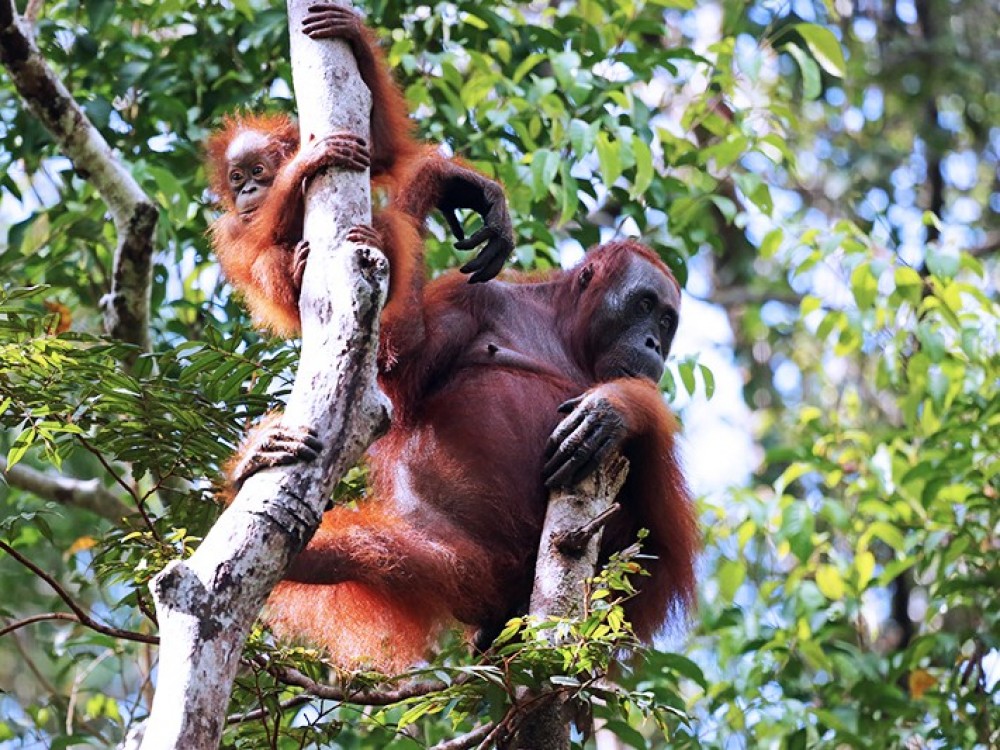
Welcome to the jungle!,Tanjung Puting one of the most popular tourist destinations in
Kalimantan. It is like a fictional jungle book adventure that comes to life.
Here is where you can fancy yourself an explorer going into deep tropical
rainforests on a river boat to meet wild orangutans and other exotic animals.
Located in Central Kalimantan province, the area was originally declared as a
game reserve in 1935 and became a National Park in 1982. Here Orangutans are
mainly the reason why tourists and nature lovers venture into this park, which
was made famous by the meticulous and strenuous work done by the Orangutan
Research and Conservation Program based at the Camp Leaky research station.
The Tangkoko Nature Reserve in North Sulawesi
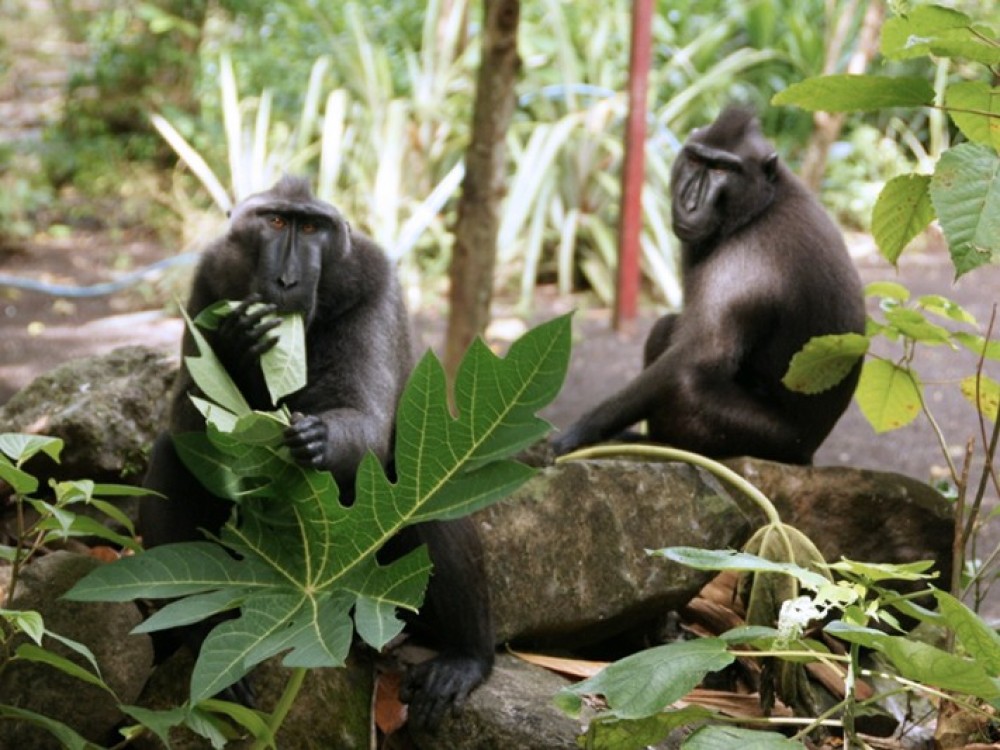
The Tangkoko Nature Reserve in North Sulawesi is a haven for some of the world's most unique and rarest animals and
plants. The most famous destination within this reserve is the Batuputih Park,
which is the only place where you can stare back at lovable wide-eyed tarsiers
in their natural habitat. Tarsiers are known as the world's smallest type of
monkey despite not being a monkey at all. This creature is actually a primate,
no bigger than the size of an adult male's hand.
The Way Kambas National Park
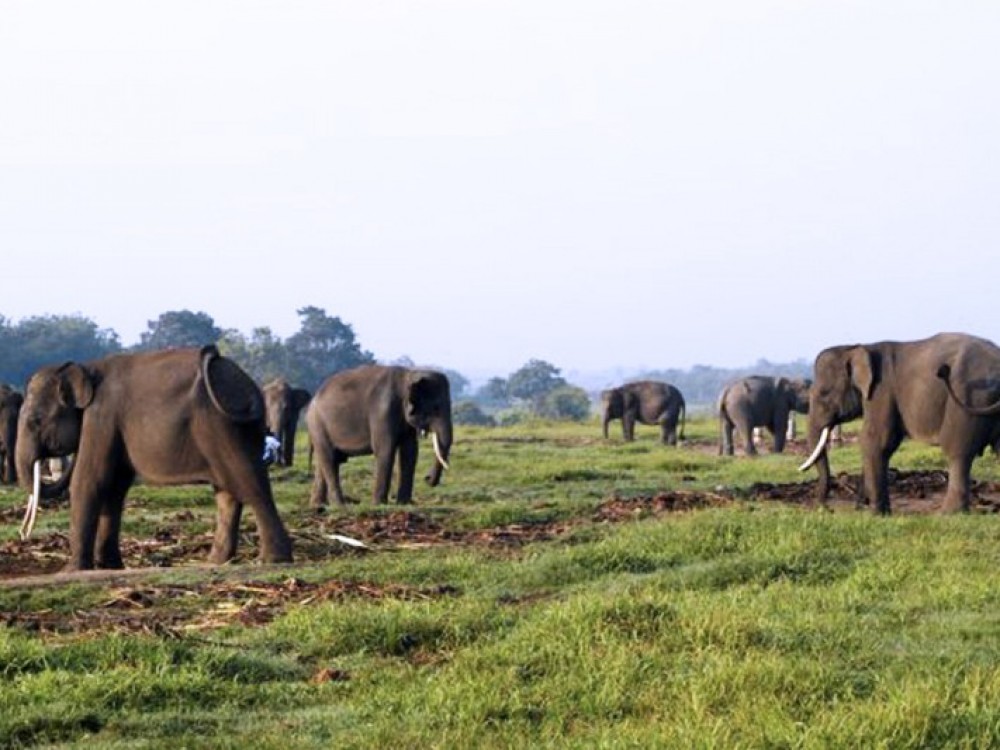
Located in Lampung at the southernmost end of the island of Sumatra, just across the
ominous Krakatau volcano, the Way Kambas National Park encompasses no less than 1,300 km2 of
land by the Way Kambas river. This park is particularly popular as a preserve
for Sumatran elephants, but is also a haven for a variety of rare and
endangered species, where Sumatran tigers are let loose, and is also home to
the Sumatran rhino.
The Ujung Kulon National Park in Banten province
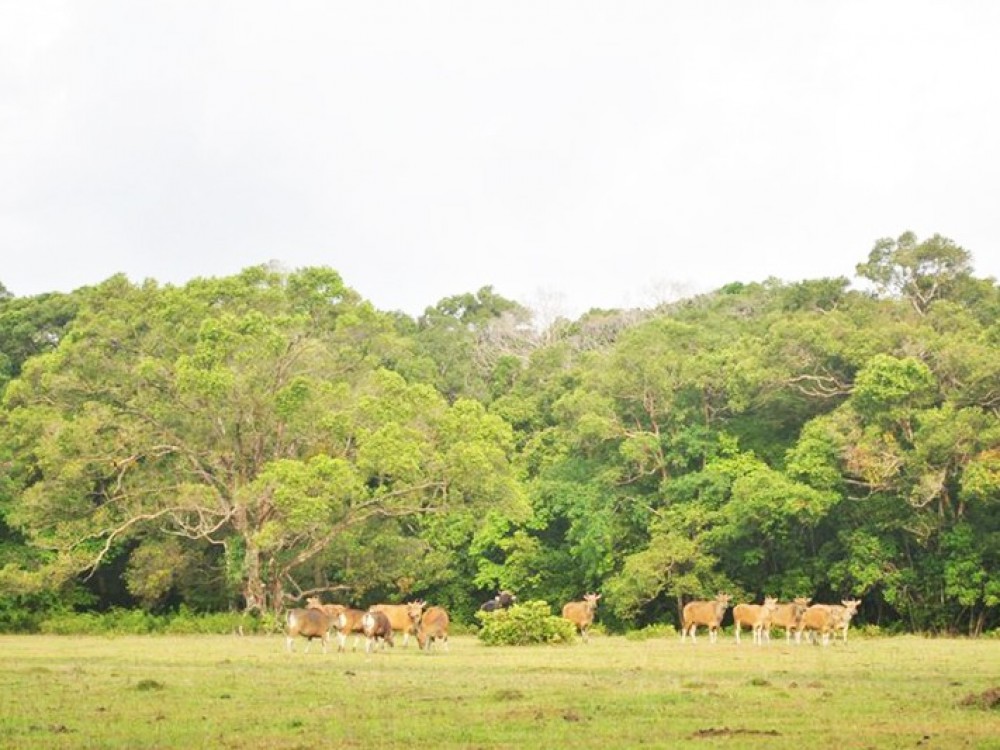
Located on the south - western - most tip of the island of Java, and opposite the Krakatau
Volcano on the Java side, the Ujung Kulon National Park is Indonesia's first national park. A
UNESCO World Heritage Site since 1991, this park is rarely visited despite it
being the most well known national park in the country. This may be quite
positive because the national park has a very well preserved ecosystem of flora
and fauna due to rare human interference. There are, however, a number of
islands fronting the park like Umang Island and others surrounding it,
that have become favorite ecotourism destinations.
The Alas Purwo National Park
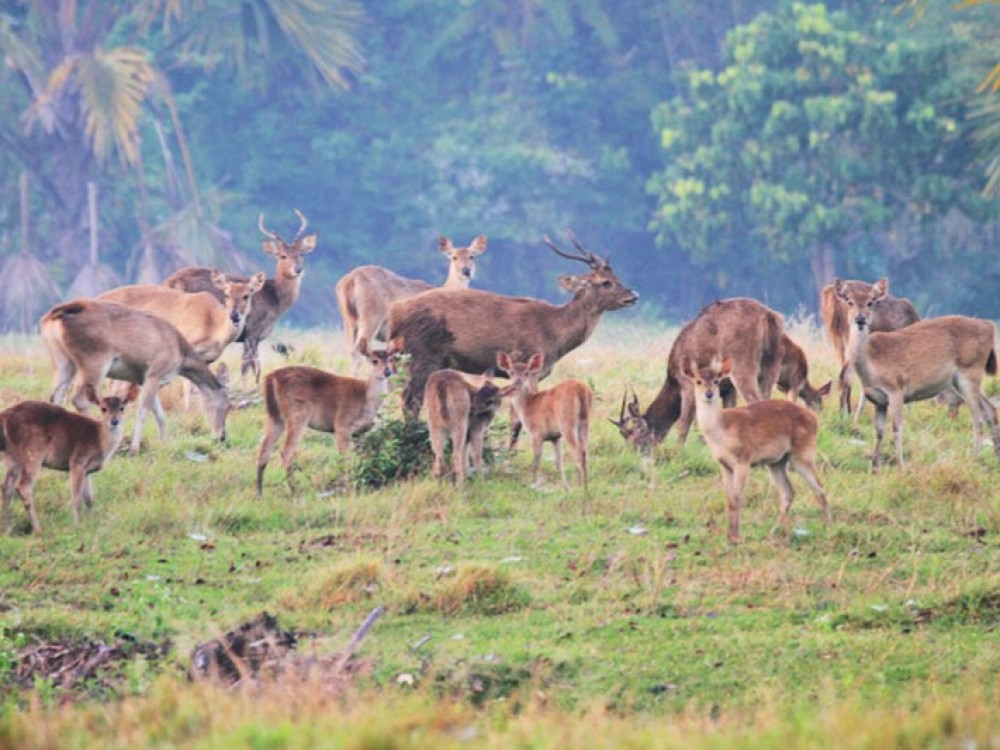
Aside from being home to some of Indonesia's rare and endangered species, Alas Purwo National
Park is much more than a regular nature reserve. The park is located in
Banyuwangi district, East java, and is believed by locals to be the site
where the earth first emerged from the ocean. The name Alas Purwo itself
literally means “Ancient Forest or The Premordial Forest”. Many seeking
spiritual enlightenment and mystics come here during the month of Suro, which
is the Javanese New Year.
Before you confidently go venturing into the wild,Please take note of these tips below:
· Dress appropriately. Wear light, breathable clothing that dries
quickly. Drab colors are preferable; avoid whites and reds. Although it is hot,
long sleeves and pants prevent scratches and insect bites. Use insect repellent
and tuck your pants into your socks to minimize insect, leech and mite bites.
· Bring a good pair of binoculars. Without these, the most amazing
birds will just seem like a speck of dirt from afar.
· Go slowly, quietly and in small groups (no more than 5) so animals
will be less likely to be disturbed by your presence.
Read more on
https://indonesia.travel